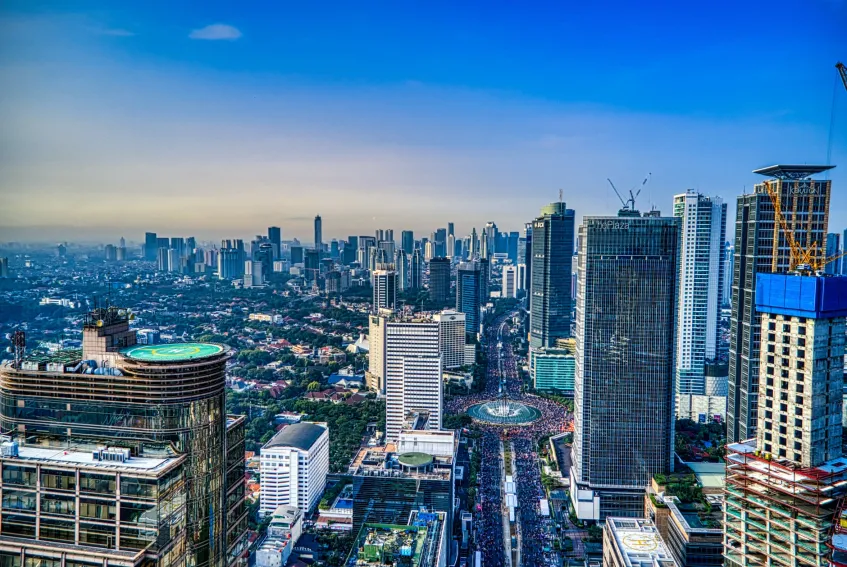
Indonesian banks face aggravated headwinds as pandemic grows
Restructured loans have grown considerably and will increase further.
The Indonesian banking sector will face intensified challenges as the pandemic persists, with the slowdown already wreaking havoc on asset quality and profitability, a Moody’s report revealed.
Widespread disruptions have resulted in asset quality decay, as restructured loans have ballooned significantly since the relaxing of rules in March and will surge further in the coming months.
However, despite the restructuring and a planned interest subsidy for consumers and small firms, nonperforming loans (NPL) will still surge in the long term, the report said.
As asset quality deteriorates, so is the increase in credit costs. Regulatory tolerance on provisions notwithstanding, lenders will continue to identify nimble borrowers and increase their provisions. Net interest margins will shrink due to monetary easing and sluggish loan growth, on top of interest discounts and waivers brought about by loan restructuring.
On the other hand, lenders still hold strong capital buffers as the downturn in capital consumption counteracts a decaying capital generation, Moody’s noted. Alongside loan-loss provisions, this will grant banks enough cushion against pandemic-brought losses.
Moreover, a sharp moderation of loan growth will help maintain liquidity buffers even if cash flows decrease in the coming months due to the restructuring, Moody’s concluded.
Photo courtesy of Pexels.com.






![Lorem Ipsum [ABF 1]](https://cmg-qa.s3.ap-southeast-1.amazonaws.com/s3fs-public/styles/exclusive_featured_article/public/2025-03/a_hand_pointing_to_a_futuristic_technology_5b87c9d0e3_1.png.webp?itok=2w0y1WhS)


![Cross Domain [Manu + SBR + ABF + ABR + FMCG + HBR + ]](https://cmg-qa.s3.ap-southeast-1.amazonaws.com/s3fs-public/styles/exclusive_featured_article/public/2025-01/earth-3537401_1920_4.jpg.webp?itok=WaRpTJwE)








 Advertise
Advertise

